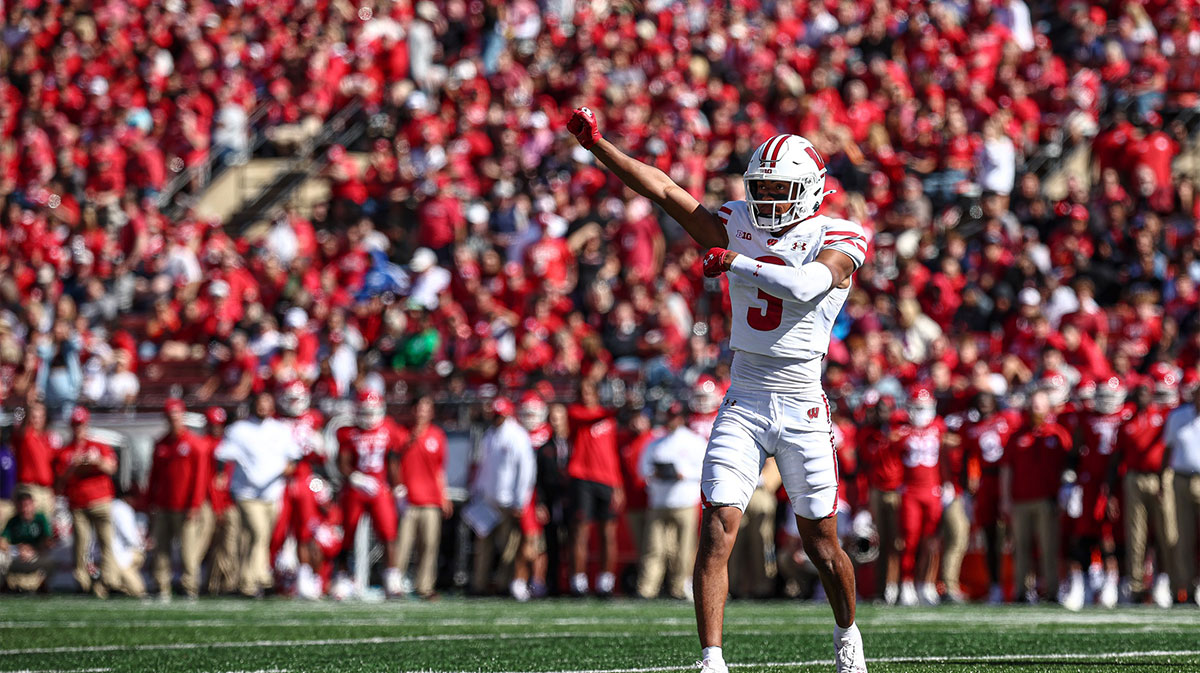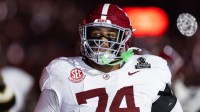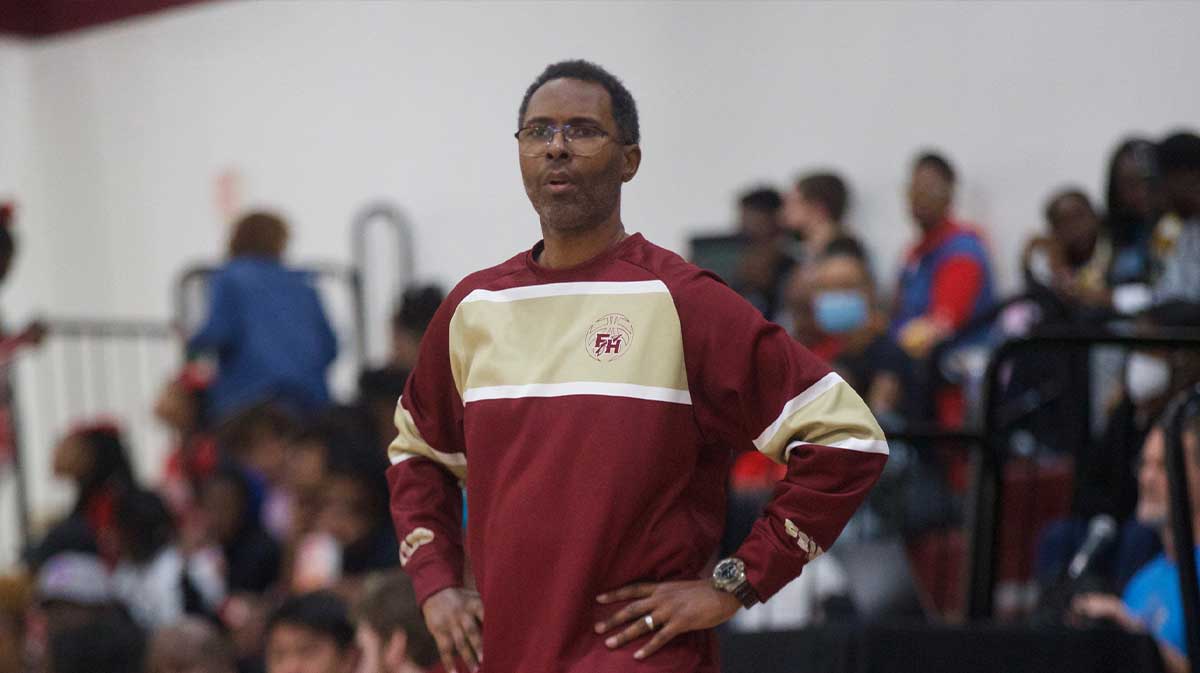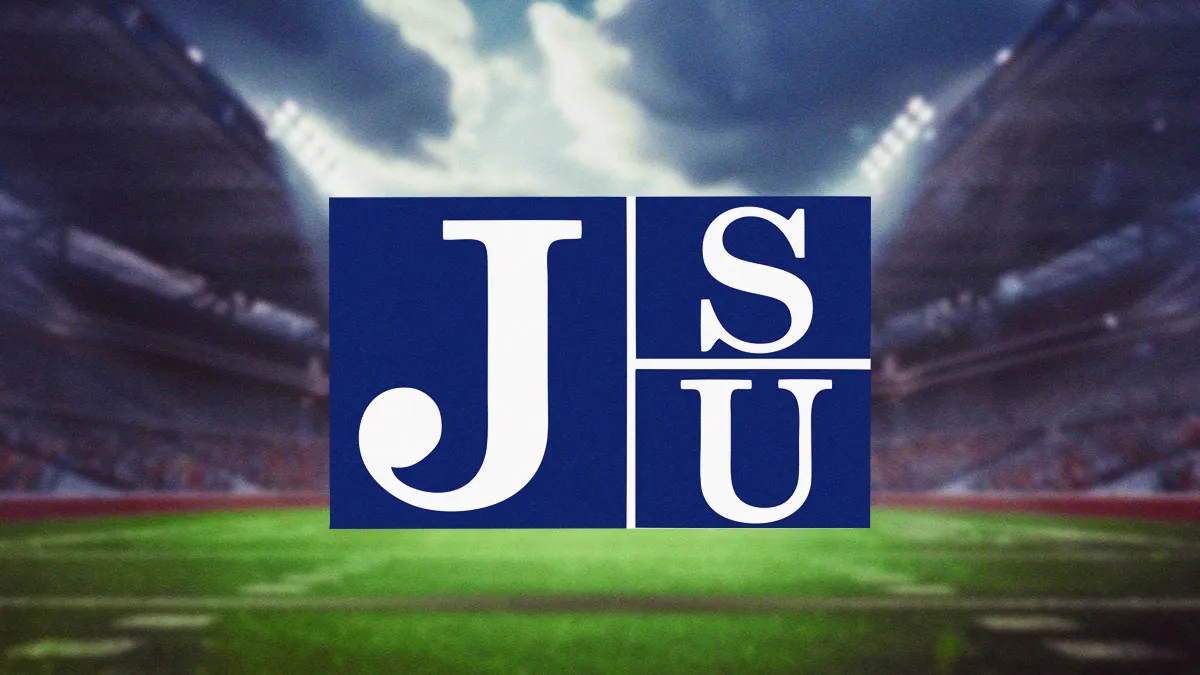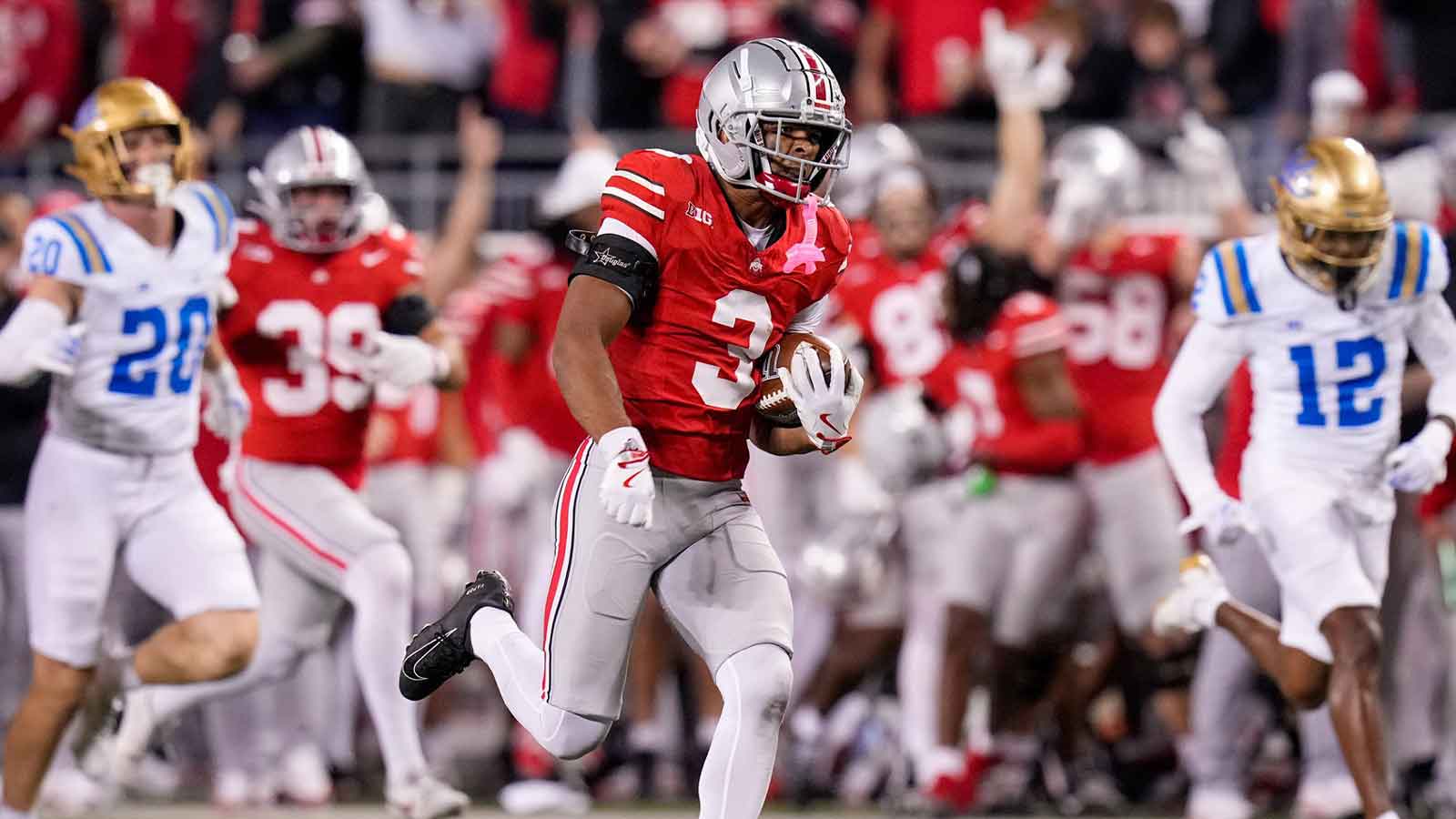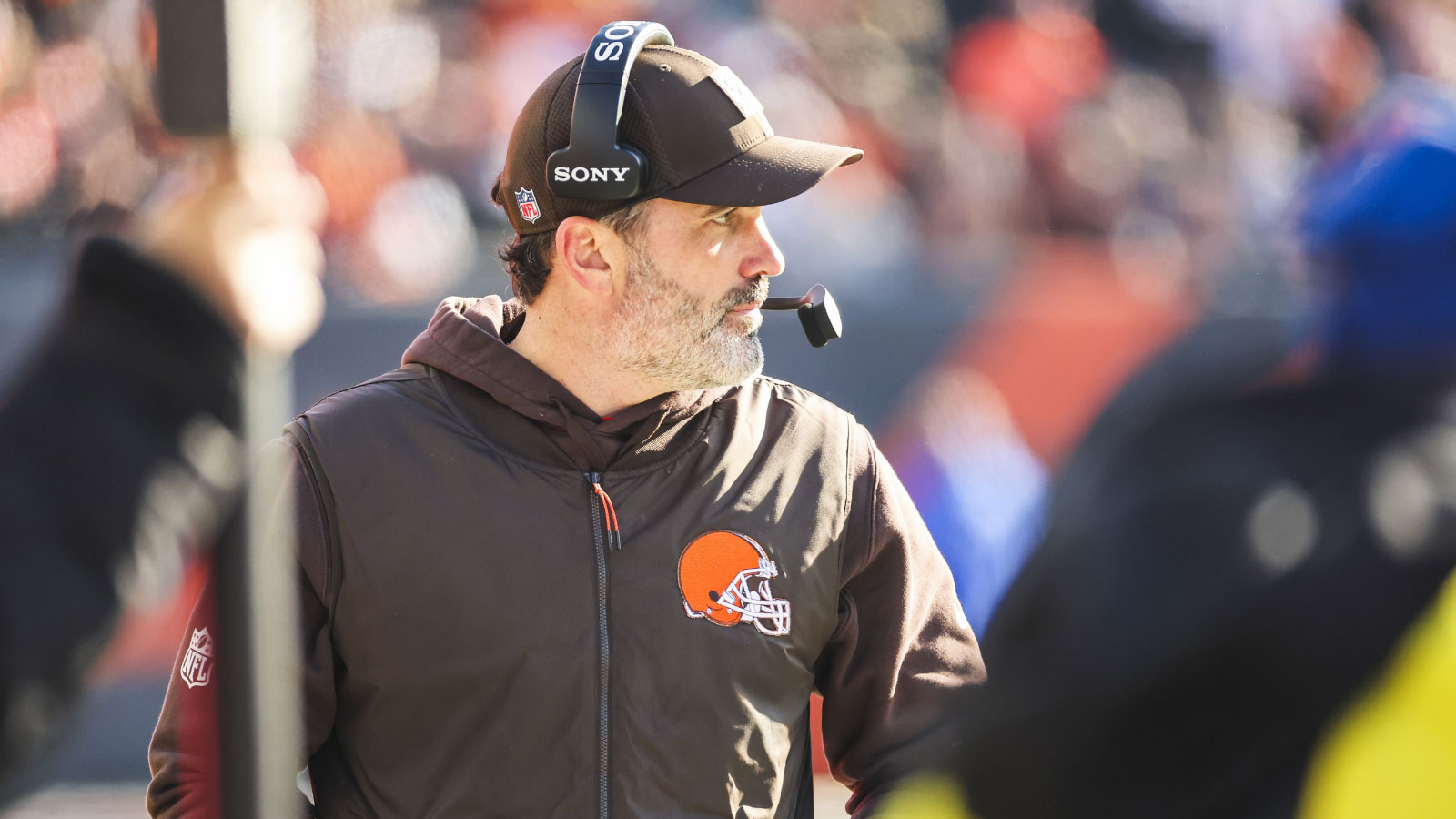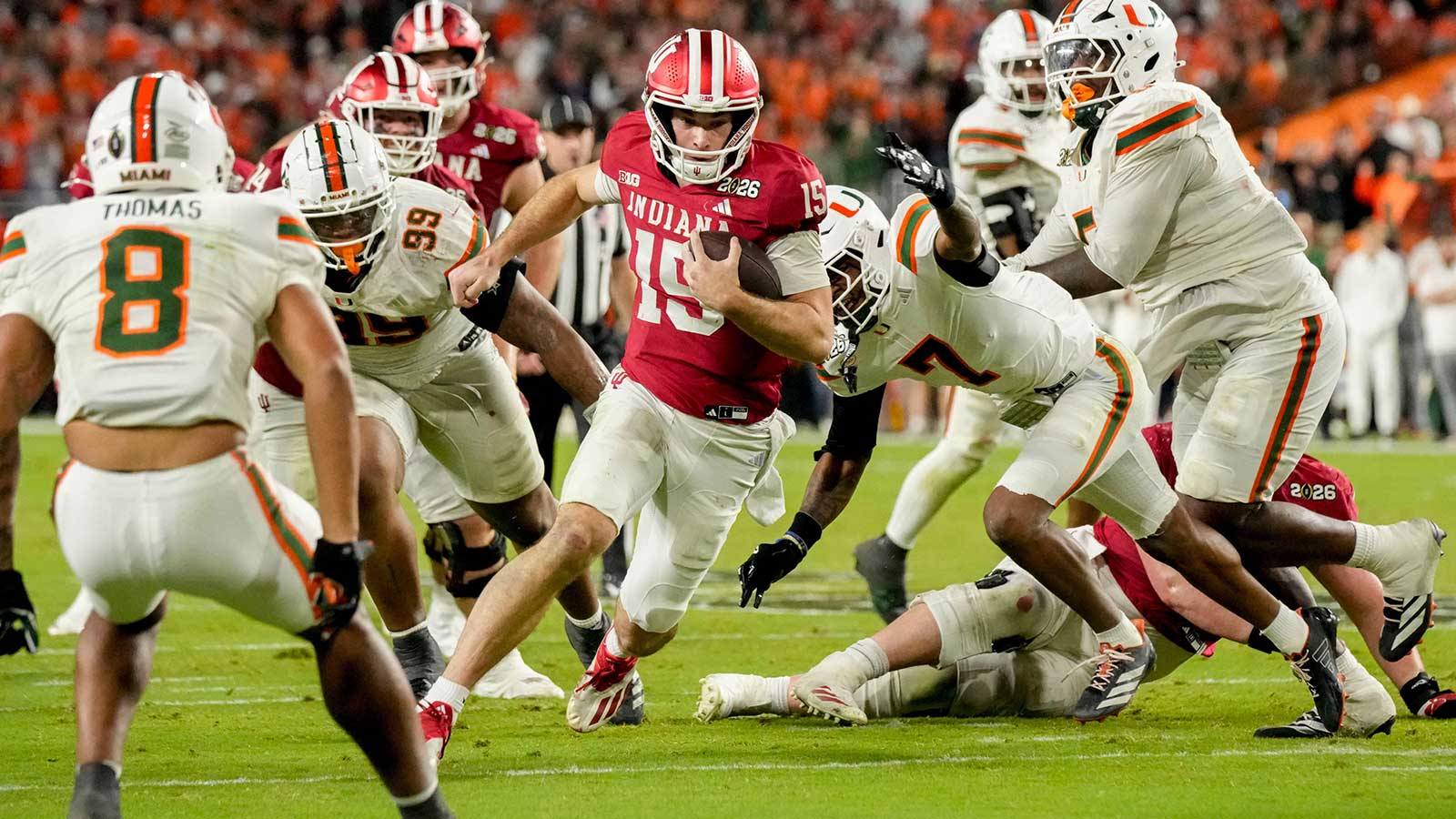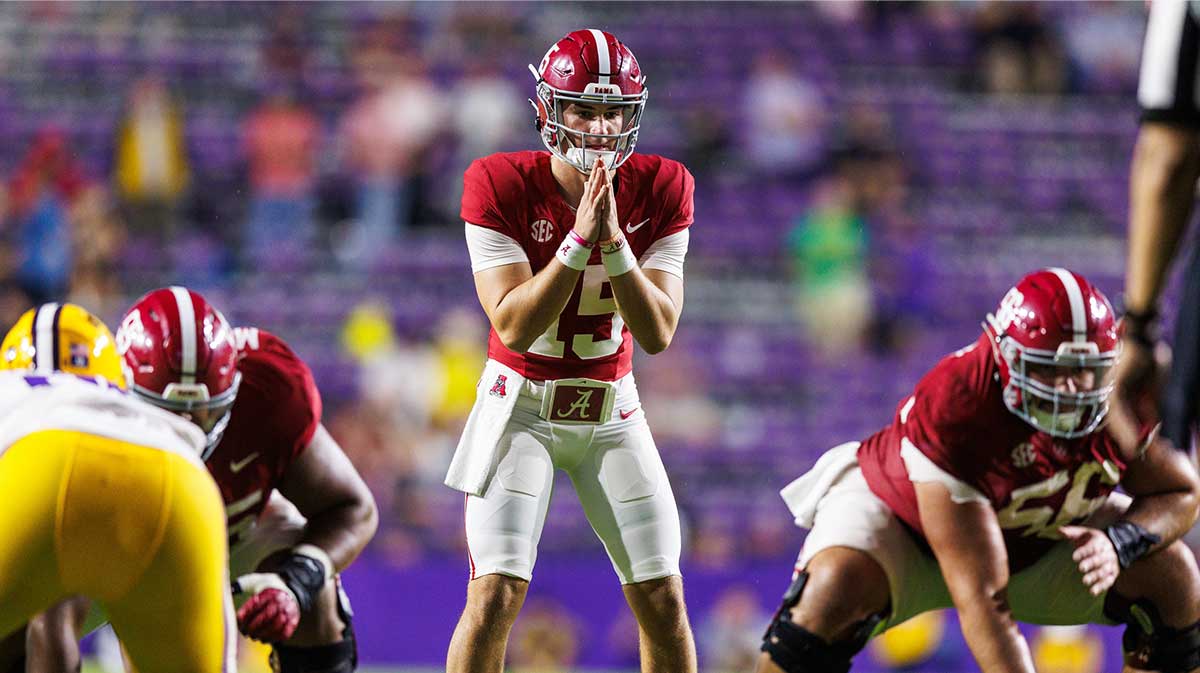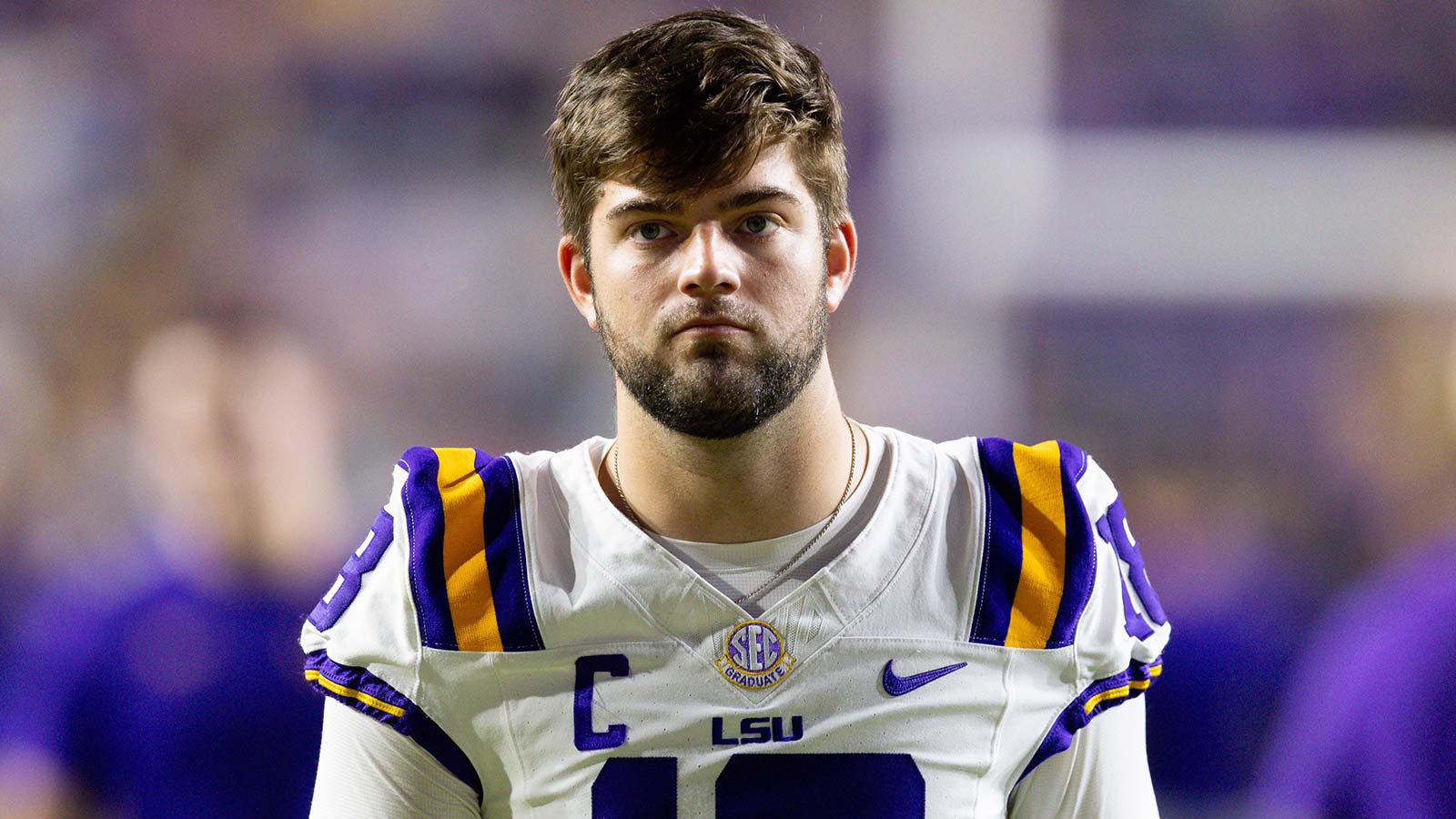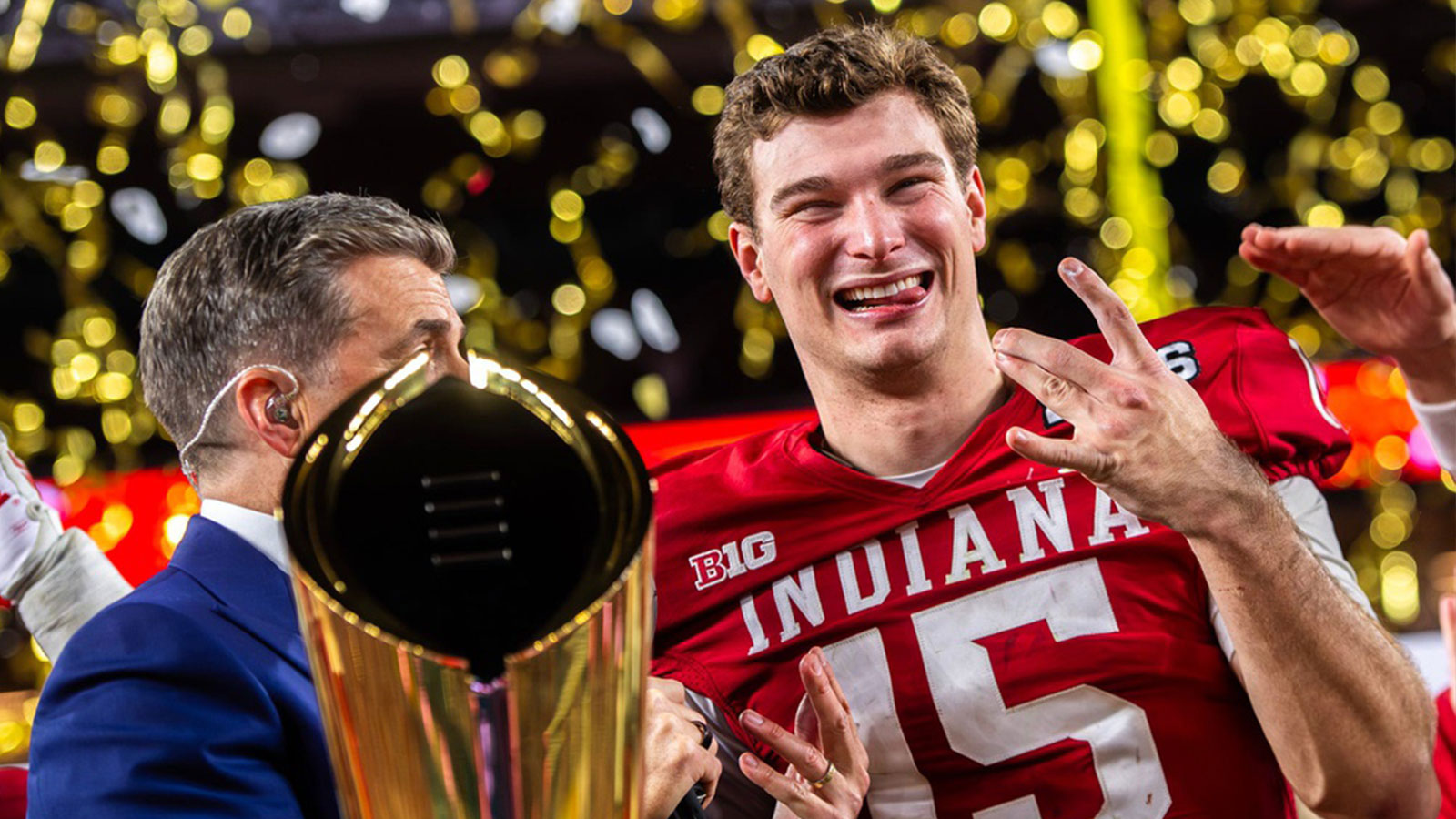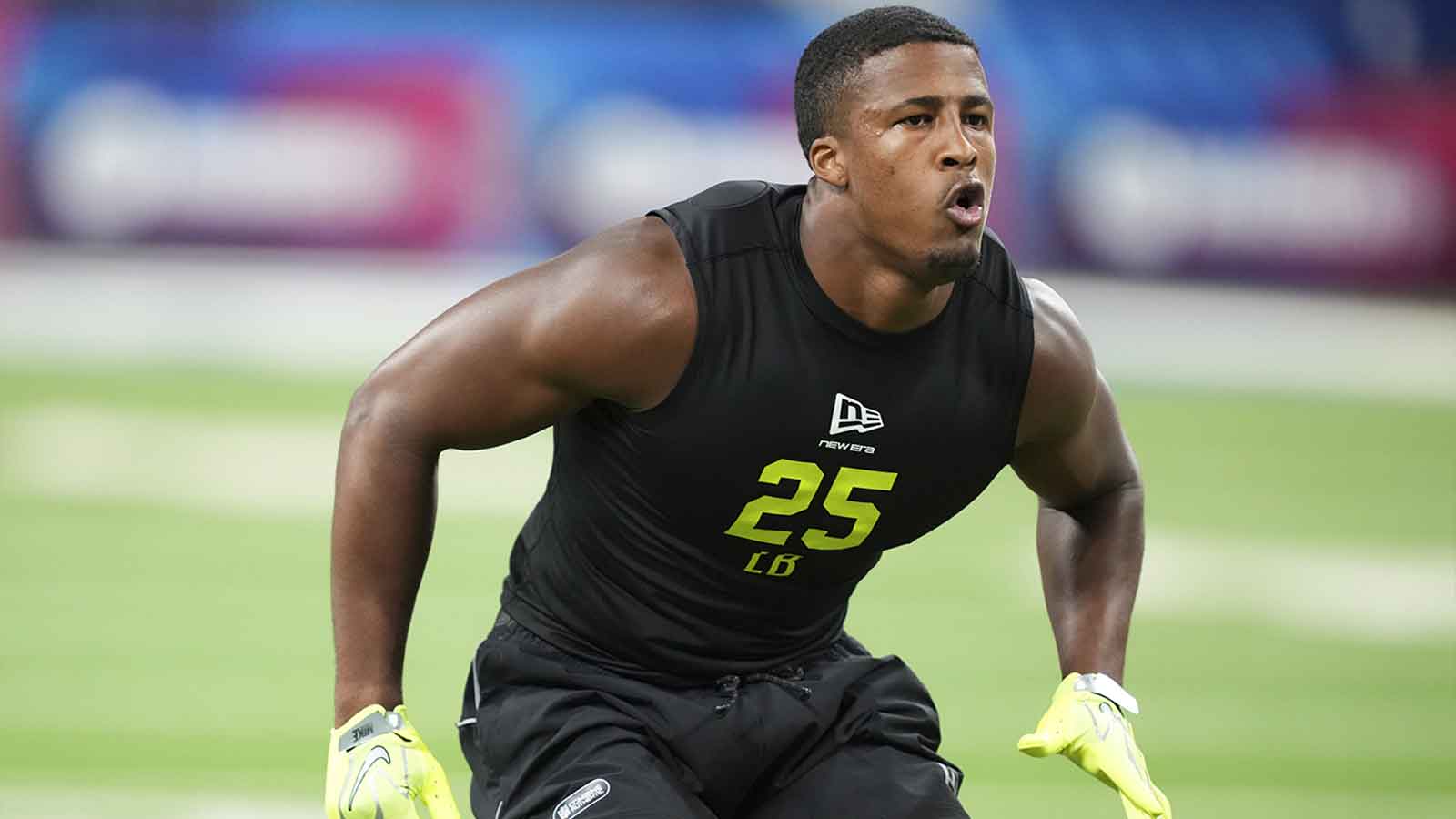On Thursday, Wisconsin cornerback Nyzier Fourqurean received a significant legal victory after a federal judge granted his preliminary injunction request against the NCAA. The ruling, issued by Judge William M. Conley in the U.S. Western District of Wisconsin, allows Fourqurean to compete for another year, despite the NCAA previously denying his waiver request.
Fourqurean’s lawsuit, filed last month, challenged the NCAA’s decision to count his two seasons at Division II Grand Valley State toward his overall eligibility, arguing that doing so unfairly limited his economic opportunities through name, image, and likeness (NIL) deals. Judge Conley agreed, stating that the NCAA’s eligibility rules likely violate antitrust laws by restricting player competition and NIL earnings.
“Defendant’s eligibility rules likely depress competition for roster spots, and thus, player NIL earnings, by categorically excluding athletes after four seasons of competition when their marketability for NIL income is more likely than not to be at its apex,” Conley wrote in his decision.
Wisconsin CB Nyzier Fourqurean receives a huge eligibility victory
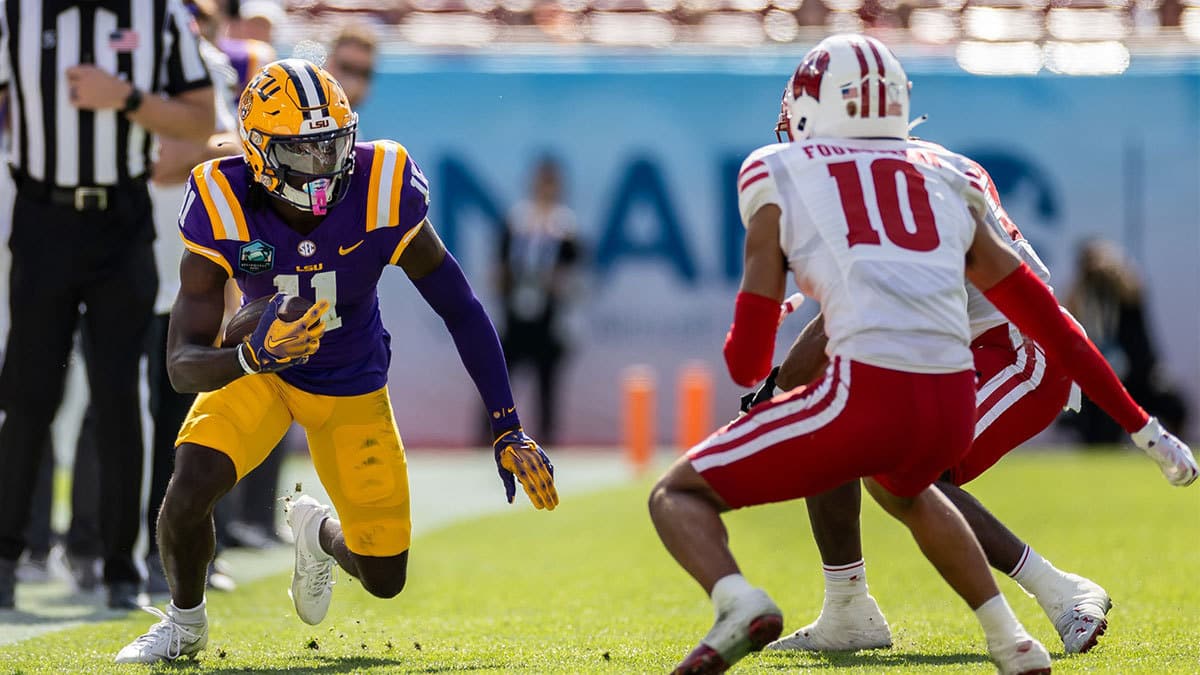
The ruling marks another blow to the NCAA’s eligibility policies, which have come under increased legal scrutiny in recent years. Conley’s decision does not entirely strike down the NCAA’s five-year rule but highlights the flaws in the governing body’s waiver process.
“The waiver process itself appears problematic given plaintiff’s counsel’s representation that only the UW, and not plaintiff himself, could apply for a waiver, functionally requiring an NCAA-member institution to sponsor a student-athlete before he can apply for a waiver, further restricting his ability to market his services,” the judge added.
The NCAA responded with a statement opposing the decision, arguing that it could create instability in college athletics.
“Altering the enforcement of foundational eligibility rules—approved and supported by membership leaders—designed to help ensure competition is safe and fair makes a shifting environment even more unsettled,” the organization said. “The NCAA supports all student-athletes maximizing their NIL potential, but today’s ruling creates even more uncertainty and may lead to countless high school students losing opportunities to compete in college athletics.”
Fourqurean’s case is similar to Vanderbilt quarterback Diego Pavia’s recent lawsuit against the NCAA, in which Pavia successfully argued that counting junior college seasons toward eligibility violated antitrust laws. That ruling allowed Pavia to return to Vanderbilt for an additional season, setting a precedent for Fourqurean’s legal challenge.
Fourqurean, who played two years at Grand Valley State before transferring to Wisconsin in 2023, must now decide whether to return for the 2025 season or enter the NFL Draft, with the deadline set for February 7. The ruling could also pave the way for more Division II and III athletes to challenge the NCAA’s eligibility restrictions in the future. For now, Fourqurean has a path to continue his college football career, thanks to a ruling that further pressures the NCAA to reevaluate its eligibility policies.

